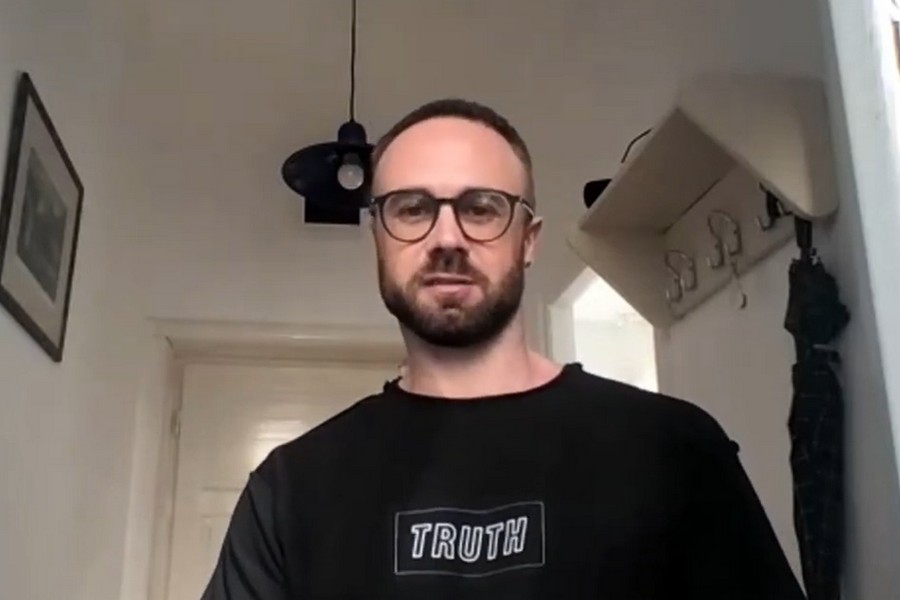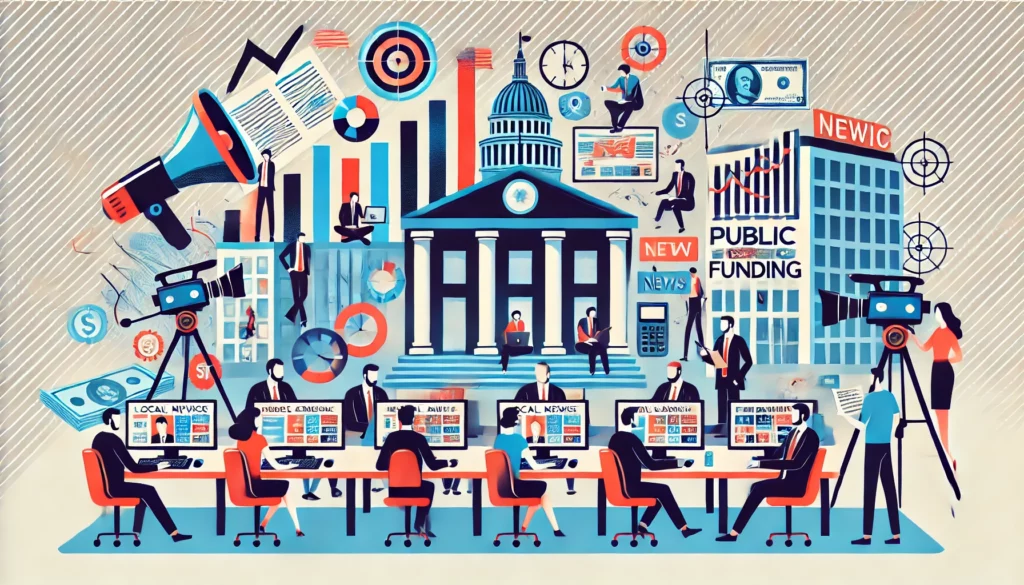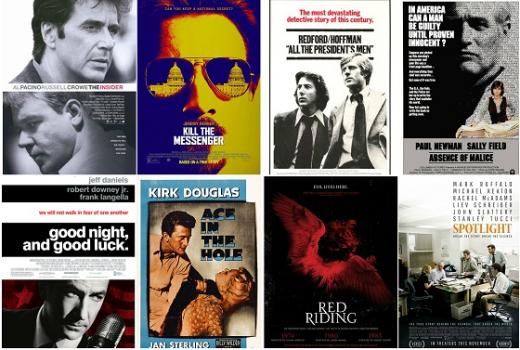
Andrej Gnjot (snimak ekrana, bysol.org.)
Link na koji možete donirati
Andrej Gnjot je diplomirao na Fakultetu za žurnalistiku Beloruskog Univerziteta BSU i oduvek je bio politički aktivan. Od 1999. godine nastoji da promeni situaciju u Belorusiji na bolje. Posle dugogodišnjeg rada u beloruskim medijima, savladao je i profesiju filmskog stvaraoca.
Godine 2020. Andrej je postao jedan od osnivača i inspirisao stvaranje Udruženja slobodnih sportista SOS.BI, čiji su članovi učestvovali u mirnim protestima i kampanjama solidarnosti.
Članovi ovog Udruženja bili su i među autorima otvorenog pisma sportista i sportskih poslenika sa zahtevom da se prekine nasilje u Belorusiji i da se održe novi fer izbori. Ovo pismo je potpisalo 2000 potpisnika.
Andrej Gnjot je bio jedan od učesnika sastavljača žalbe Međunarodnom olimpijskom komitetu o kršenju članova Olimpijske povelje od strane beloruskih vlasti. Kao rezultat toga, MOK je prestao da finansira Nacionalni olimpijski komitet Belorusije i primorao je A. Lukašenka da podnese ostavku na mesto predsednika NOK-a. Zahvaljujući sportskoj zajednici, otkazano je i Svetsko prvenstvo u hokeju u Belorusiji. Ovo je bio snažan udarac režimu, jer je sport, a posebno hokej, Lukašenkova omiljena „igračka” i propagandno sredstvo.
Od avgusta 2020, Andrej je član grupe za razmenu video zapisa profesionalnih novinara. Andrej je poslao mnogo video snimaka, koji su emitovani na TV kanalu „Real Time“ i drugim nezavisnim beloruskim medijima. A Instagram stranica SOS.BI postala je medijski resurs sa 20 hiljada pratilaca.
Od oktobra 2020. godine počela je represija nad sportistima koji su bili članovi Udruženja. Bili su zatočeni, premlaćivani, suđeni i zatvarani, gde su nastavljali da ih ponižavaju i premlaćuju. Mnogi od njih morali su da pobegnu u inostranstvo.
U junu 2021. Andrej je dobio poziv u Glavno odeljenje Istražnog komiteta Minska. Istražitelj, koji je potpisao dokument, poznat je po vođenju najpoznatijih represivnih političkih procesa, poput slučaja Romana Protaseviča i Eduarda Palčisa. Nakon toga, Andrej je odlučio da napusti zemlju. Prvo u Rusiju, a potom na Tajland, gde je radio i živeo do pritvora.
U oktobru 2022. KGB je označio SOS.BI kao ekstremističku formaciju. To znači da je učešće, pomoć i svaki kontakt sa Udruženjem krivično delo.
U decembru 2022. godine pokrenut je krivični postupak protiv Andreja Gnjota. Viši sud Republike Srbije, gde se tada nalazio Andrej, 7. decembra 2023. doneo je odluku da ga izruči. Na odluku je uložena žalba tek 19. februara 2024. i vraćena na drugo ročište 26. marta i 1. aprila. Sve ovo vreme Andrej je bio u Centralnom zatvoru u Beogradu, među pravim ubicama, silovateljima i vođama narko-kartela. Međutim, i posle ponovljenog suđenja, Andrej je u zatvoru ostao do 5. juna, kada je Apelacioni sud meru zabrane zamenio kućnim pritvorom.
U zatvoru, Andrejevo zdravlje se značajno pogoršalo — leva noga mu je delimično paralizovana. Medicinska nega u zatvoru je bila praktično nedostupna, čak nije dobijao ni obične lekove protiv bolova.
Andrej trenutno nema poslovne ili druge pasivne prihode. Već 8 meseci mora da plaća skupe advokatske honorare, a od 25. aprila mora da plaća kiriju za stan u kućnom pritvoru, koji košta višestruko od tržišne cene. Niko ne želi da iznajmi stan osobi u kućnom pritvoru, a oni koji pristanu, traže visoke naknade. Zakupnina stana za 3 meseca iznosila je 5000 evra — i to je bila avansna uplata samo za potpisivanje ugovora. Ali je potrebno još novca za advokate, hranu i lekove.
Danas je pažnja celog sveta usmerena na Andreja, ali to ne donosi sredstva. Niko se ne obavezuje da plati advokate, iznajmi stan, niko ne donosi hranu Andreju besplatno. Podrška je moralna, politička i javna, ali nije materijalna. Bez advokata je nemoguće braniti se na sudu, a poslednje ročište još uvek nije zakazano. Apelacioni sud Srbije nema vremenskih ograničenja — suđenje se može održati za 2 nedelje ili 3 meseca. Srpska birokratija je jedna od najsporijih u Evropi. Andrejev slučaj je politički, a Srbija nije deo Evropske unije, izuzetno je teško uticati na ovu državu.
Kako se mora osećati čovek u stranoj zemlji, u stranom zatvoru, bez kontakta sa prijateljima i rođacima, bez novca, bez medicinske nege i sa svakodnevnom opasnošću od izručenja na mučenje i smrt? Kućni pritvor je život učinio jednostavnim — postoji veza, a stan nije zatvorska ćelija. Ali ekstradicija nije ukinuta. Potvrđena je, a da biste je ukinuli, morate se očajnički boriti. A za to su potrebni resursi: fizički, moralni i materijalni. Kažu da se život ne može kupiti, ali se u Andrejevoj situaciji može kupiti. Možete promeniti zatvor za kućni pritvor — novcem. Advokati moraju da rade — to iziskuje novac. Zdravlje se mora održavati – to iziskuje novac. Morate jesti i piti svaki dan — to iziskuje novac.
Koliko je potrebno?
10.000 €
Ovo je minimalni iznos koji Andreju treba za početak.
„Da ne biste ponovo završili u zatvoru, potrebno je platiti kiriju za stan za sopstveni pritvor. Cene takvih stanova su mnogo veće od tržišnih, jer niko ne želi da iznajmljuje stanove ljudima u kućnom pritvoru. Po pravilima sam dao avans za 3 meseca — 5000 evra. 25. jul je sledeći rok za plaćanje unapred.
Račun za ročište advokata u Višem sudu pravde 26. marta i 1. aprila iznosio je 7.000 evra. To uključuje pripremu svih dokumenata, žalbe i rad sa dokazima. Takav posao mogu da rade samo domaći srpski advokati i niko drugi.
Mesečna hrana i lekovi koštaju najmanje 500 evra, prema najkonzervativnijim procenama.
Dok smo bili u zatvoru, morali smo da kupujemo hranu (uglavnom konzervisanu) iz zatvorske prodavnice. Inače se ne bi imalo šta jesti: bube i crvi plutali su u zatvorskoj supi, koja se donosila samo u vreme ručka. Cene u ovoj prodavnici su više nego u običnoj prodavnici. Za hranu je trebalo da se troši najmanje 300 evra mesečno. Za 7 meseci zatvora, suma je bila impresivna — 2100 evra.
Ne trošim novac na odeću: imam jednu patike, 4 majice, 1 par pantalona. Sve dok je leto i toplo, to mi je dovoljno. Iako se to ne može nazvati odećom.
Nemam nikakvo zdravstveno osiguranje, jer za to nema para. To je veliki rizik: u slučaju bilo kakve bolesti ili povrede, ili ako vam se noga pogorša, moraćete da platite dosta novca za lekove — ovde se lekovi plaćaju, a za strance su još skuplji“.
From Journalist to Prisoner: Helping Andrei Gnyot
Andrei Gnjot was detained at Belgrade airport in October 2023 at the request of Belarus sent to Interpol. Belarusian prosecutor’s office accuses Andrei of underpaying taxes in the amount of BYN900 thousand between 2012 and 2018. According to Andrei, the case was fabricated in order to forcibly return him to Belarus and convict him on political articles. The Belarusian authorities started using such a scheme back in 2021, as Interpol does not accept requests for political articles.
Andrei Hniot graduated from the BSU Faculty of Journalism and has always been politically active. Since 1999 he has been striving to change the situation in Belarus for the better. After many years of work in the Belarusian media, he also mastered the profession of a filmmaker.
In 2020, Andrei co-founded and inspired the Free Athletes’ Association SOS.BY, whose members participated in peaceful protests and solidarity campaigns.
Members of this Association were also among the authors of an open letter of athletes and sports representatives demanding an end to violence in Belarus and new fair elections. This letter collected 2000 signatures.
Andrei Hniot was a participant of the appeal to the International Olympic Committee about the violations of the articles of the Olympic Charter by the Belarusian authorities. As a result, the IOC stopped financing the National Olympic Committee of Belarus and forced A. Lukashenka to resign as president of the NOC. Thanks to the sports community, the World Hockey Championship in Belarus was also canceled. This was a strong blow to the regime, as sport, and especially hockey, is Lukashenko’s favorite “toy” and propaganda tool.
Since August 2020, Andrei has been a member of a professional journalist’s video exchange group. Andrei sent many videos, which were used on the air of the TV channel “Real Time” and other independent Belarusan media. And the Instagram page SOS.BY became a media resource with 20 thousand followers.
Since October 2020, repressions started against the athletes, who were members of the Association. They were detained, beaten, tried and imprisoned, where they continued to be humiliated and beaten. Many of them had to flee abroad.
In June 2021 Andrei received a summons to the Main Department of the Investigative Committee of Minsk. The investigator, who signed the document, is known for leading the most famous repressive political trials, such as the case of Roman Protasevich and Eduard Palchis. After that Andrei decided to leave the country. First to Russia and then to Thailand, where he worked and lived until his detention.
In October 2022, the KGB recognized SOS.BY as an extremist formation. This means that participation, assistance and any contact with the Association is a criminal offense.
In December 2022, a criminal case was opened against Andrei Gnjot. On December 7, 2023, the High Court of Serbia, where Andrej was at the time, decided to extradite him. The decision was appealed only on February 19, 2024 and returned for a second hearing on March 26 and April 1. All this time Andrej was in the Central Prison in Belgrade, among real murderers, rapists and drug cartel leaders. However, even after the retrial, Andrej was kept in prison until June 5, when the Court of Appeal reduced the measure of restraint to house arrest.
In prison, Andrei’s health deteriorated significantly — his left leg became partially paralyzed. Medical care in prison was practically unavailable, even simple painkillers.
Andrei currently has no business or other passive income. For 8 months he has had to pay expensive lawyers’ fees, and since April 25 he has had to pay rent for his house arrest apartment, which costs many times higher than the market price. No one wants to rent an apartment to a person under house arrest, and those who agree, demand high fees. The rent for the apartment for 3 months amounted to €5000 — and that was an advance payment just to sign the contract. But there is still money needed for lawyers, food and medicine.
Today, the attention of the whole world is focused on Andrei, but it does not bring funds. No one undertakes to pay for lawyers, rent an apartment, no one brings food to Andrei for free. The support is moral, political and public, but not material. Without lawyers, it is impossible to defend oneself in court, and the last hearing is still not scheduled. The Serbian Court of Appeal has no time limits — the trial can take place in 2 weeks or 3 months. Serbian bureaucracy is one of the slowest in Europe. Andrej’s case is political, and Serbia is not part of the European Union, it is extremely difficult to influence this country.
What must a man in a foreign country, in a foreign prison, with no contact with friends and relatives, no money, no medical care and with the daily danger of extradition to torture and death feel like? House arrest has simplified life — there is a connection, and an apartment is not a prison cell. But extradition has not been canceled. It is confirmed, and in order to cancel it, you have to fight desperately. And this requires resources: physical, moral and material. They say that life cannot be bought, but in Andrei’s situation it can be bought. You can change prison for house arrest — that’s money. Lawyers must work — that’s money. Health must be maintained — that’s money. You have to eat and drink every day — that’s money.
How much is needed?
€10000
This is the minimum amount that Andrei needs for the first time.
“In order not to end up in jail again, it is necessary to pay rent for an apartment for one’s own arrest. The prices for such apartments are much higher than the market prices, as no one wants to rent apartments under house arrest. According to the rules, I made an advance payment for 3 months — 5000 euros. July 25th is the next prepayment deadline.
The bill for the hearing in the High Court of Justice on March 26 and April 1 by the lawyers amounted to 7000 euros. This includes the preparation of all documents, appeals and work with evidence. Only local Serbian lawyers can do such work and no one else.
Monthly food and medicine costs at least 500 euros, according to the most conservative estimates.
While in prison we had to buy food (mostly canned food) from the prison store. Otherwise there would be nothing to eat: bugs and worms were floating in the prison soup, which was brought only at lunchtime. The prices in this store are higher than in a regular store. At least 300 euros a month had to be spent on food. For 7 months in prison the sum was impressive — 2100 euros.
I don’t spend money on clothes: I have one pair of sneakers, 4 T-shirts, 1 pair of pants. As long as it is summer and warm, I am happy with this. Although it can’t be called a closet.
I don’t have any health insurance, because there is no money for it. It’s a big risk: in case of any illness or injury, or if your leg gets worse, you’ll have to pay a lot of money for medicine — it’s paid for here, and for foreigners it’s even more expensive.”
Tekst je prenet sa portala bysol.org.



 Kako ojačati lokalne medije i obnoviti informisanje o radu opštinskih vlasti: Britansko rešenje daje rezultate
Kako ojačati lokalne medije i obnoviti informisanje o radu opštinskih vlasti: Britansko rešenje daje rezultate Silovanje ili cenzura: Na šta to smrdi Pepe le Tvor?
Silovanje ili cenzura: Na šta to smrdi Pepe le Tvor? Filmovi o novinarima i za novinare
Filmovi o novinarima i za novinare
Ostavljanje komentara je privremeno obustavljeno iz tehničkih razloga. Hvala na razumevanju.